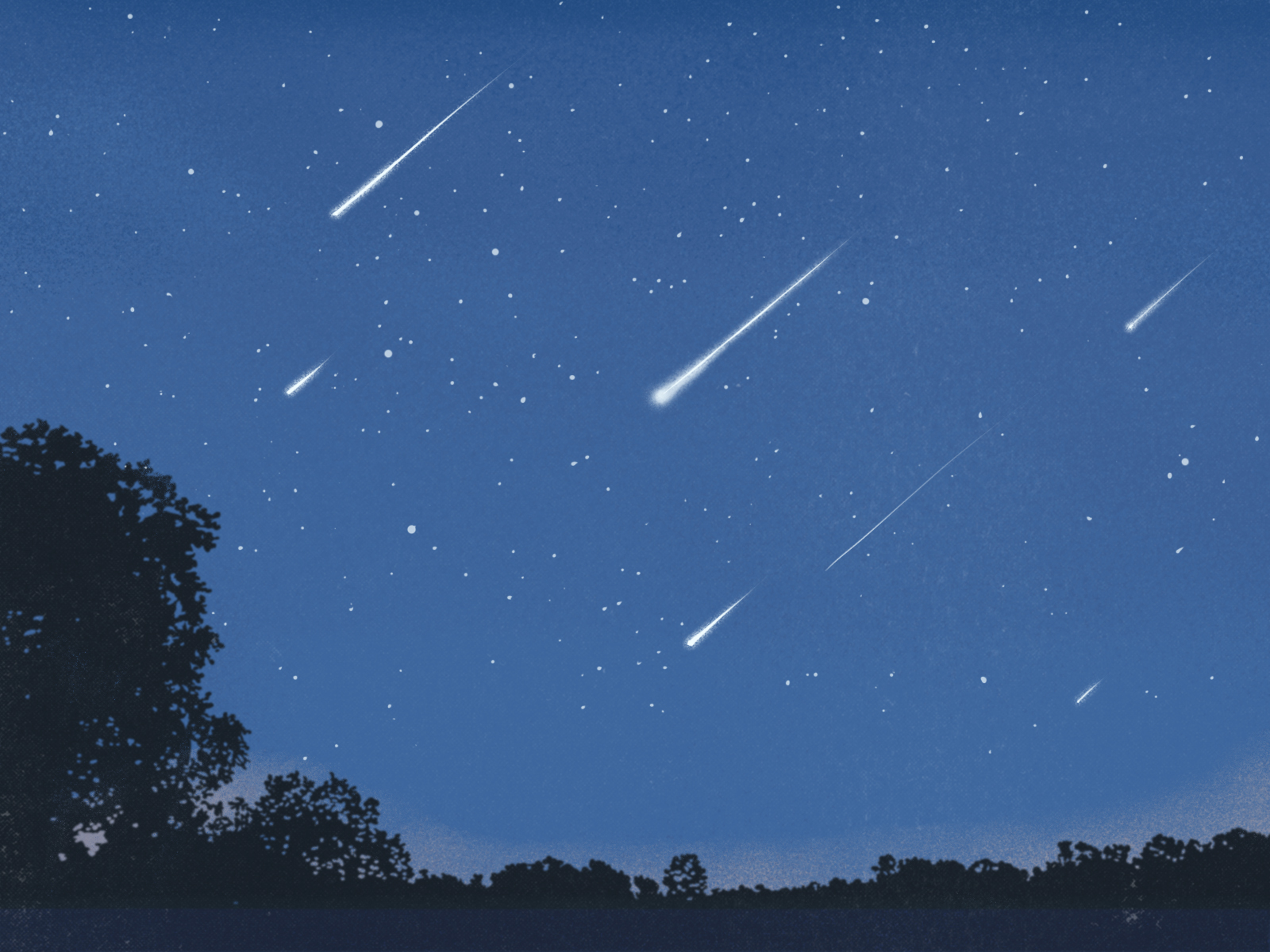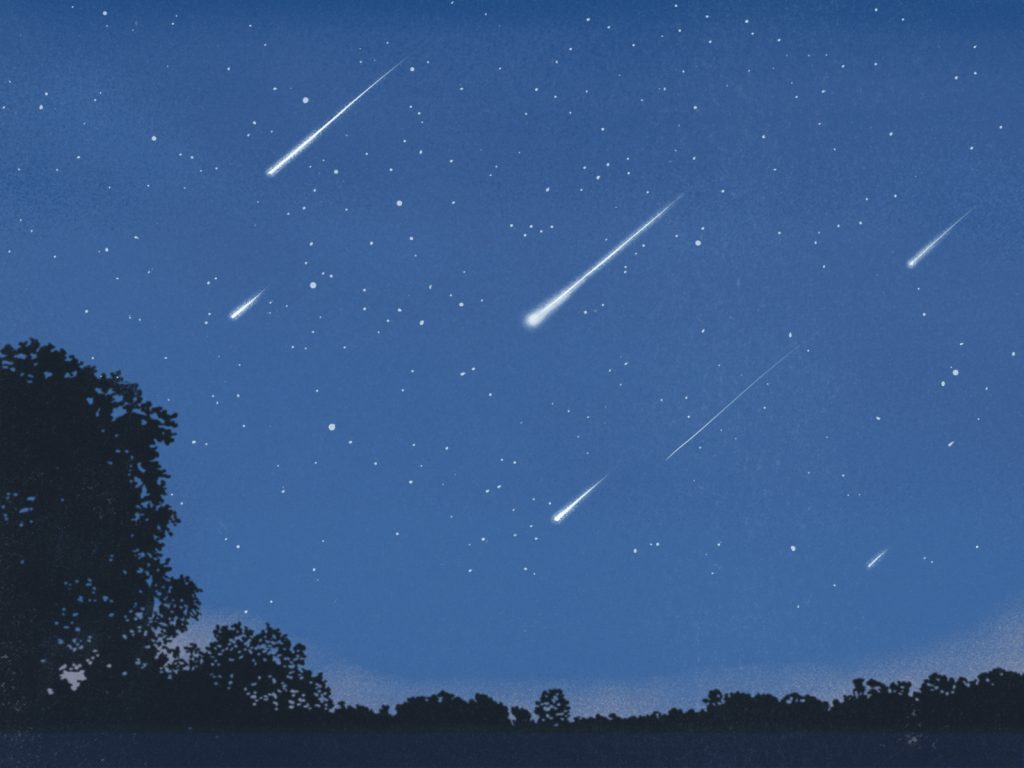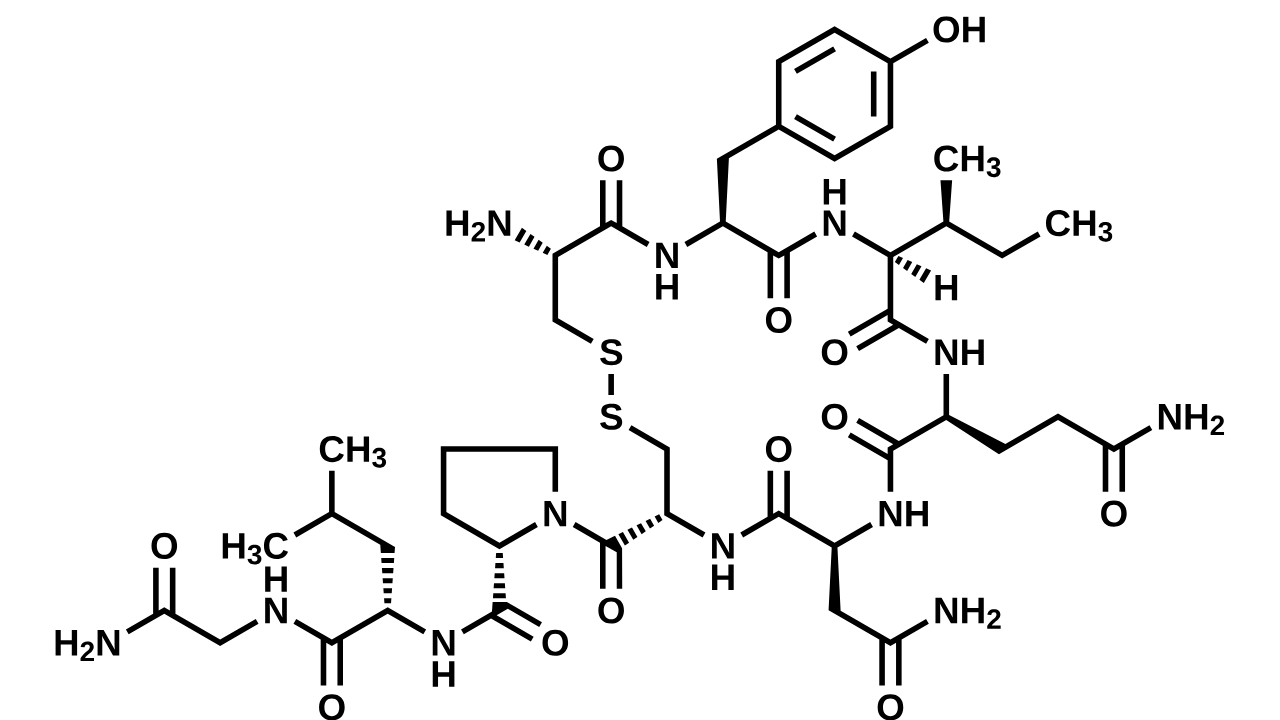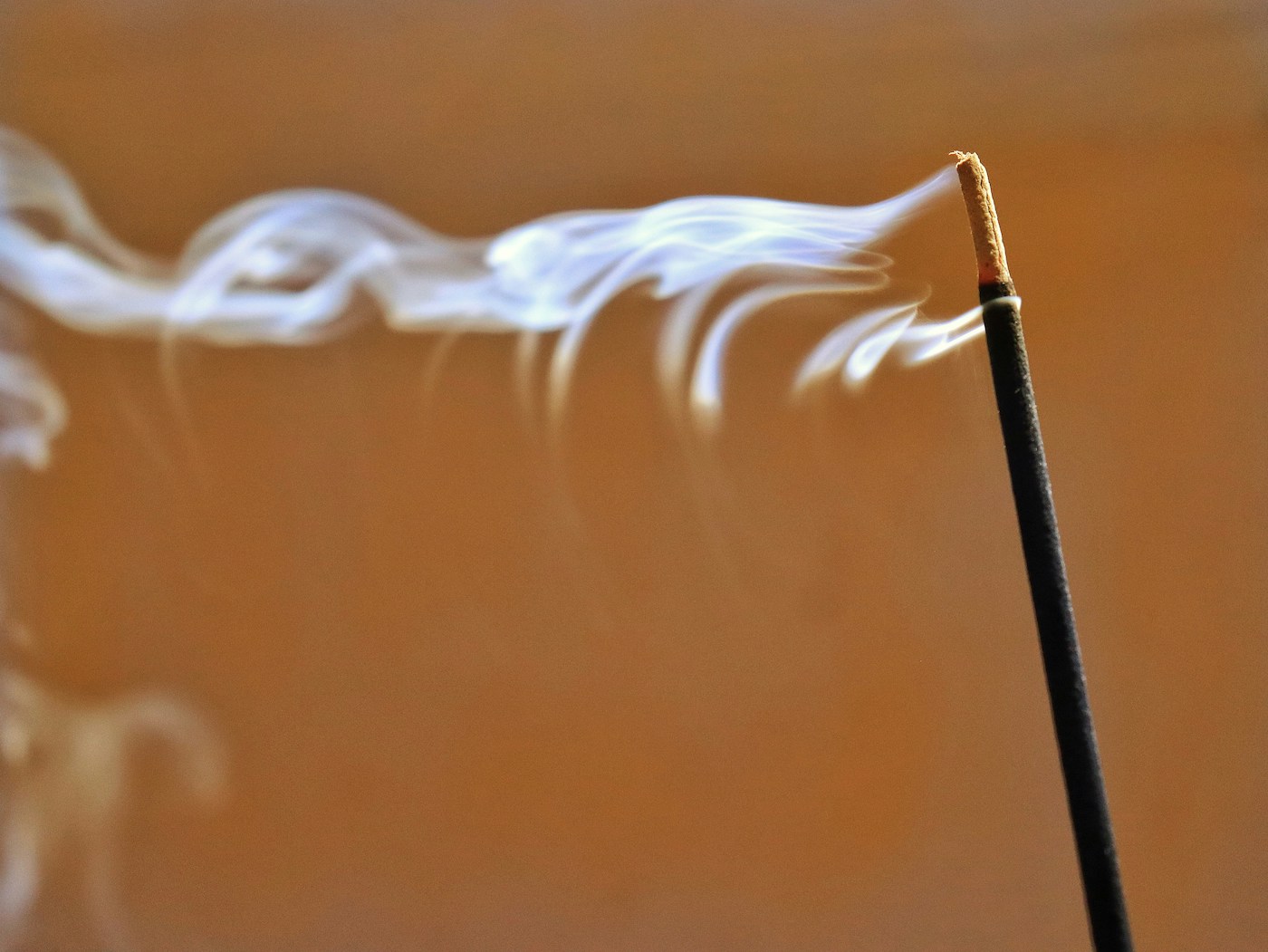Best of the Haiku Challenge (August 2025)
Announcing the winning poems from Tricycle’s monthly challenge The post Best of the Haiku Challenge (August 2025) appeared first on Tricycle: The Buddhist Review.

Announcing the winning poems from Tricycle’s monthly challenge
By Clark Strand Oct 01, 2025 Illustration by Jing Li
Illustration by Jing LiThe Perseid meteor shower, which occurs annually in mid-August, is one of the most watched celestial events of its kind. We are more likely to venture out in the middle of the night when the weather is mild—and more likely to wait patiently for that sudden glimpse of a falling star. Like all meteor showers, the Perseids are lovely to behold. But something about their arrival at the end of summer invites a reflective state of mind. Each of the winning and honorable mention poems for last month’s challenge answered the invitation to “look up” and consider the meaning of so brief and beautiful a sight.
Nancy Winkler finds something darkly comical in the thought of things falling to pieces . . . “even in heaven.” Kelly Shaw discovers an alternative to the chaos of this cultural moment in the impulse to “leave the city and look up.” Nancie Zivetz-Gertler’s Perseids offer a beauty that is deeper and purer for its not being “conscious of itself.”Congratulations to all! To read additional poems of merit from recent months, visit our Tricycle Haiku Challenge group on Facebook.
You can submit a haiku for the current challenge here.
Summer Season Word: Perseids
WINNER:
even in heaven
things are falling to pieces
perseid shower
–Nancy Winkler
The phrase “As above, so below” is thought to have originated around twelve centuries ago in an Arabic alchemical treatise called The Emerald Tablet. But the idea of a correspondence between the heavenly and earthly realms is much older than that. The earliest humans noticed that the seasons shifted with the position of the sun in the sky, while the phases of the moon influenced tides and menstruation. These observations laid the foundation for a wide range of human cultural endeavors—from mythmaking to mathematics.
But the idea that the earth and the heavens mirror each other gave rise to superstitious beliefs as well. Comets were seen as portents in many premodern cultures, and meteor showers, if they were heavier than usual, could cause extreme alarm.
On the night of November 12–13, 1833, during a spectacular, unprecedented Leonid shower, observers in North America witnessed more than 70,000 meteors per hour in an event later known as “The Night of Falling Stars.” Lack of knowledge about astronomy combined with millennialist religious beliefs to inspire widespread panic, convincing many people that the world had come to an end.
The annual Perseid shower is sedate by comparison. A typical year sees only a few hundred meteors over the course of its peak night. That accounts for the slightly deadpan humor of last month’s winning haiku.
Spotting a few falling stars over the course of the night, the poet concludes ruefully that things aren’t much better in the sky than they are on earth. If we are waiting for the heavens to intervene in our current troubles—including genocide, ecocide, and the rise of totalitarian regimes—the wait could be longer than we expect. As above, so below. The heavens have troubles of their own.
Naturally, this is meant to be darkly comical. The poet may not even believe in a transcendent realm that delivers decrees or portents “from above.” If she is ever lucky enough to witness a shower like the one from 1833, she will experience awe like the rest of us, but probably not terror. NASA will have prepared us long in advance—provided it still has funding.
But humor is a funny thing in haiku: pun intended. Being so elusive and briefly rendered, it can veer in unpredictable directions. It’s a bit like watching for meteors. You can’t tell for certain where the next one is coming from until it happens.
Even in heaven / things are falling to pieces, the poet declares. But whatever “fell apart” to create the space debris of the Perseids happened so long ago and far away that the only thing left of it now is beauty. A transitory beauty that offers a moment of perspective on the drama of earthly conflict and competition. A little wink from the heavens that tells another ancient truth: And this, too, shall pass.
HONORABLE MENTIONS:
there’s still an option
leave the city and look up
perseid shower
–Kelly Shaw
the best of beauty
is not conscious of itself
perseid shower
–Nancie Zivetz-Gertler
◆
You can find more on August’s season word, as well as relevant haiku tips, in last month’s challenge below:
Summer season word: “Perseids”
perseid shower
maybe the dark does require
an extra dipper
Submit as many haiku as you please on the summer season word “Perseids.” Your poems must be written in three lines of 5, 7, and 5 syllables, respectively, and should focus on a single moment of time happening now.
Be straightforward in your description and try to limit your subject matter. Haiku are nearly always better when they don’t have too many ideas or images. So make your focus the season word* and try to stay close to that.
*REMEMBER: To qualify for the challenge, your haiku must be written in 5-7-5 syllables and include the word “Perseids.”
Haiku Tip: Learn What to Say When Someone Tells You, “That’s Not a Haiku!”
Those who submit Formal Haiku to the English language specialty magazines (i.e., those devoted to haiku and related forms) are often told by the editors of those magazines, “That’s not a haiku!” Sometimes an editor will suggest a revision, removing up to half of the poem’s 17 syllables to get something shorter. In the process, they will often also remove the season word.
How did it come to this? The answer could fill a book. But the long and short of it (pun intended) is this: If you regard haiku as a poetic form, you can agree with others about what a haiku is and turn your attention to writing good poetry in that form. If you regard haiku as a free verse poem the spirit or techniques of which are its defining feature, you will be stuck arguing endlessly about what a haiku “is” or “is not.”
English language haiku poets have wasted over a century doing exactly that. Like the sonnet, the haiku form is a vessel to be filled with whatever the poet has to say. That is how it functions in Japanese literature and how Japanese poets have always understood it. If we render our thoughts in 5-7-5 syllables and manage to include a season word, we have written a haiku. What remains to decide is whether what we have said is worth saying and how well we have said it—not whether our poem is a haiku or not.
And so, the next time a haiku specialist tells you that your poem is “not a haiku,” ask them to tell you what a haiku is. But don’t let them go on and on. If they can’t explain it simply, in a way that a six-year-old could understand, they will never get there. You’d be better off starting a magazine of your own.
A note on the Perseids: About this spectacular annual event, season word editor Becka Chester writes: “Considered the best meteor show of the year by NASA, the Perseids begin in mid-July and peak in mid-August. Prime time for their viewing is just before dawn, with scattered sightings occurring from 10 pm onward. It is best to view them far from bright city lights.
“The showers occur yearly as the Earth passes through a cloud of dust particles from a comet called 109P/Swift-Tuttle. The comet’s particles become heated as they hit our atmosphere and appear as bright streaks across the heavens.
“The Perseid shower was named because the meteors seemed to originate from the constellation Perseus.”
Note that this year the Perseids will peak just before dawn on Wednesday, August 13th, when you can view up to 100 meteors per hour under optimal conditions.
![]()
Thank you for subscribing to Tricycle! As a nonprofit, we depend on readers like you to keep Buddhist teachings and practices widely available.

 KickT
KickT 





























